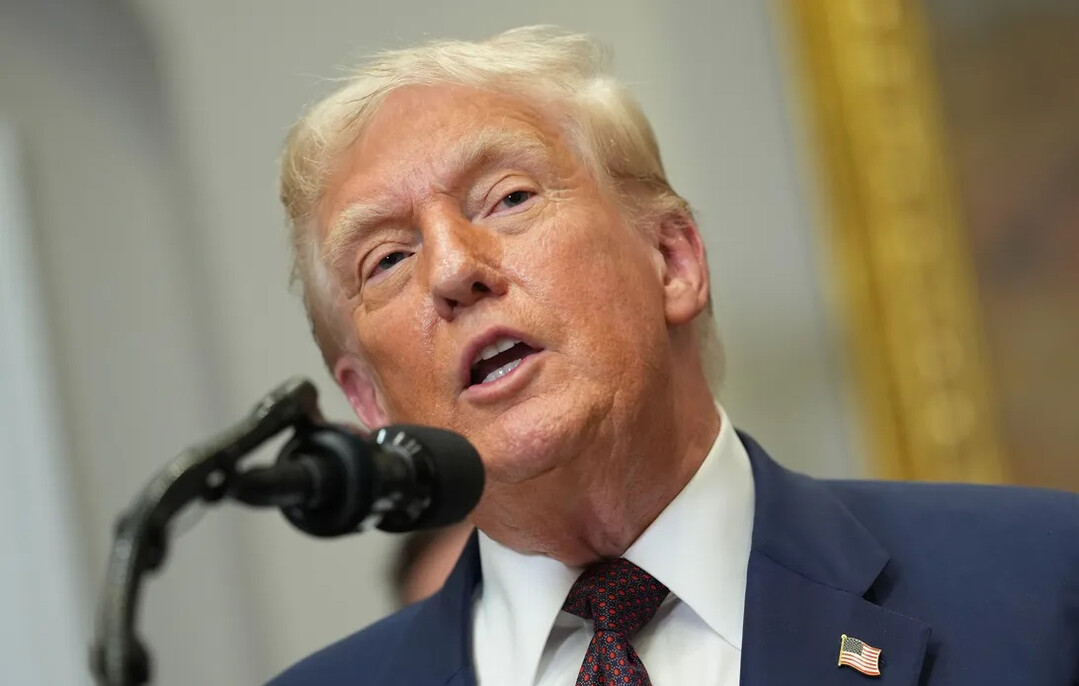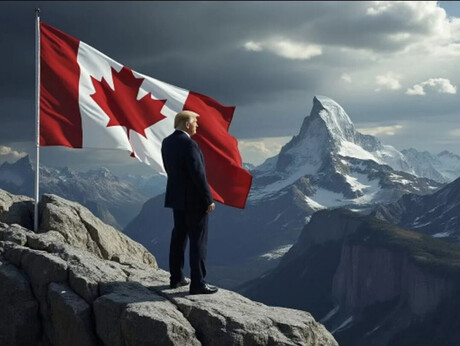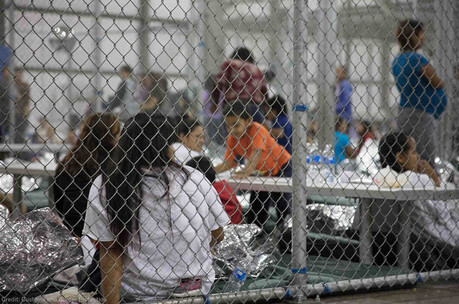
Washington D.C. — A federal appeals court on Thursday delivered a significant blow to the trade agenda of President Donald Trump, upholding a lower court's ruling that his administration’s blanket "reciprocal tariffs" were illegally imposed. The decision, which could invalidate a key pillar of Trump's "America First" economic policy, sets the stage for a potential high-stakes battle at the Supreme Court.
In a 7-4 decision, the D.C. Circuit Court of Appeals affirmed that the International Emergency Economic Powers Act (IEEPA), the legal statute invoked by the Trump administration to justify the tariffs, does not grant the president the broad authority to impose such duties. This ruling echoes a unanimous May decision by the U.S. Court of International Trade and signals a strong judicial consensus against the administration’s interpretation of executive power in trade matters.
The tariffs, which included a 10% base levy on all imported goods and higher "reciprocal tariffs" on major trading partners, were a cornerstone of Trump’s effort to rebalance global trade in favor of the United States. His administration utilized the IEEPA to justify a series of aggressive trade actions, including additional duties on goods from China, Canada, and Mexico. Critics of the policy argued that the administration was overstepping its authority and bypassing Congress, which holds the constitutional power to regulate commerce with foreign nations.
While the court’s decision is a victory for those who opposed the tariffs on legal grounds, the ruling will not take effect immediately. The tariffs will remain in place until October 14, and the Trump administration has already indicated its intention to appeal the ruling to the Supreme Court. With a 6-3 conservative majority, the high court’s ultimate decision is a subject of intense speculation. Observers are keenly watching to see if the court's ideological composition will influence its interpretation of the IEEPA and the limits of presidential power.
If the Supreme Court were to ultimately side with the lower courts, it would have profound implications for global trade and U.S. foreign policy. The tariffs, which served as a primary bargaining chip in a series of tense trade negotiations, would be nullified, potentially requiring the renegotiation of trade deals with countries worldwide. For allies like South Korea, who were caught in the crossfire of the trade disputes, the ruling could open the door for new discussions and a reevaluation of existing agreements.
However, the ruling’s scope is limited. It does not apply to the specific tariffs imposed on certain industries, such as steel and automobiles, which were based on separate legal authorities. These targeted tariffs, often justified on national security grounds, will remain in effect regardless of the final outcome of the current case.
Following the ruling, Trump took to social media to denounce the decision as "politically biased" and insisted that "all tariffs are still in effect." He warned that their removal would be a "total disaster for our country" and expressed confidence that the Supreme Court would ultimately side with his administration, allowing the tariffs to be "used to our country's advantage." The legal battle over these tariffs is far from over, and the final word will likely come from the nation’s highest court, determining the future of U.S. trade policy for years to come.
[Copyright (c) Global Economic Times. All Rights Reserved.]






























